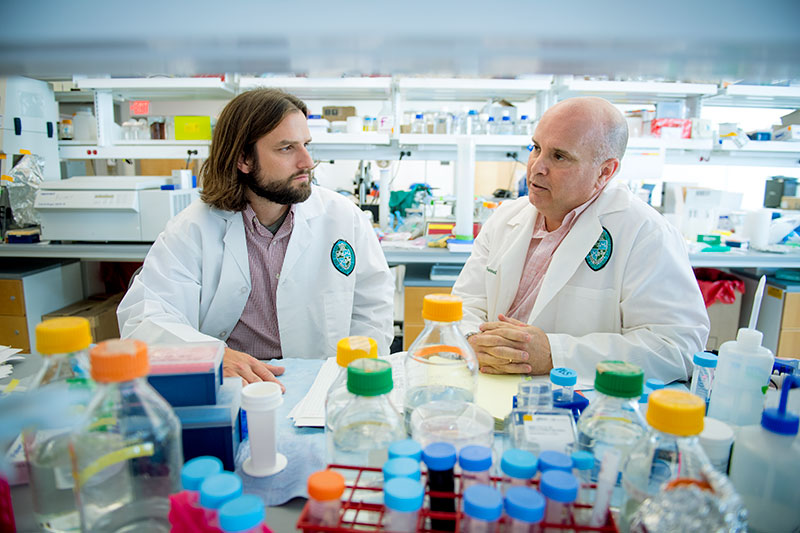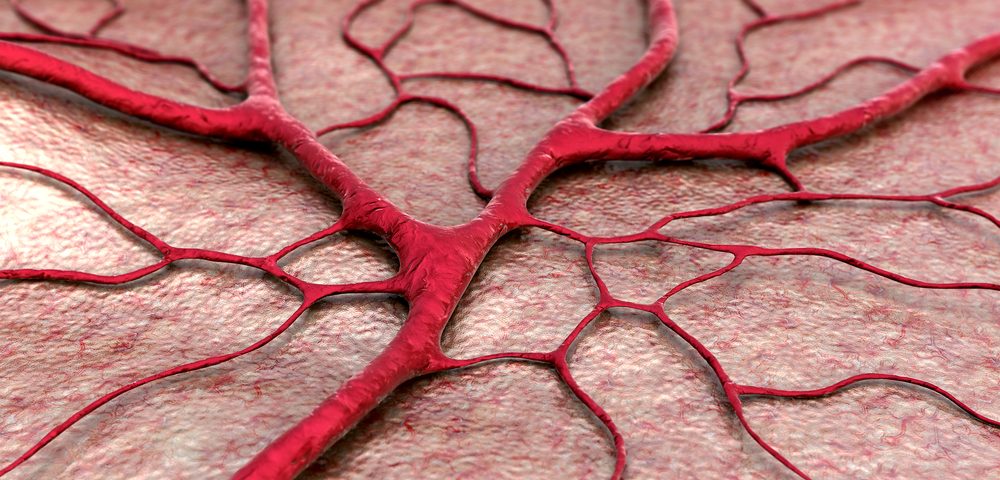A Tulane University research team received a National Institutes of Health (NIH) grant of $1.1 million to study the effects of aging on the growth of new blood vessels, a process known as angiogenesis.
Angiogenesis is the growth of new capillary blood vessels and an important natural process for healing and reproduction. The body controls angiogenesis by producing a precise balance of growth and inhibitory factors in healthy tissues.
Scientists hope that a better understanding of how age affects the growth of new blood vessels could help guide future treatment approaches to certain age-related diseases such as rheumatoid arthritis (RA), cancer, and eye diseases.
“The problem in treating many diseases is that we really do not understand why aged blood vessels do not grow as well,” Walter Lee Murfee, associate professor of biomedical engineering at Tulane and a co-leader of the study, said in a press release.
For diseases like heart disease, hypertension, or stroke, the most beneficial option would be to promote the growth of blood vessels. But in certain age-related diseases like rheumatoid arthritis, the best option would be to block the growth of new blood vessels.
In RA, new blood vessels can maintain a chronic inflammatory state by transporting inflammatory cells and providing nutrients and oxygen to the rapidly reproducing inflamed tissue.

Credits: Paula Burch-Celentano
Murfee, together with Bruce Bunnell, the directof the Tulane Center for Stem Cell Research and Regenerative Medicine and a professor of pharmacology, will conduct the study over the next four years.
Murfee said that one of the problems with age-related diseases is that age impairs the growth of new blood vessels. And even though there are some treatments for age-related diseases, they are developed using young adult animal models, which doesn’t explain the inherent changes in blood vessels caused by aging.
Compared to previously used approaches, the model proposed by the two researchers offers a real-time view of entire microvascular networks. With this project, they hope to identify novel molecular and cellular causes of the impaired angiogenesis, and to develop a new way of assessing angiogenic therapies in tissues affected by aging.
“The studies are significant because they will permit us to investigate the impact of biologic aging as a factor on both stem cells and the environment of the tissues in a system that matches the function inside the body, which is challenging to accomplish,” Bunnell said.
Bunnell and Murfee are also members of the Tulane Center for Aging, which was crucial in providing the initial resources for the start of their project. For the past five years, Murfee has received funding from Tulane’s Center of Biomedical Research Excellence in Aging and Regenerative Medicine.


